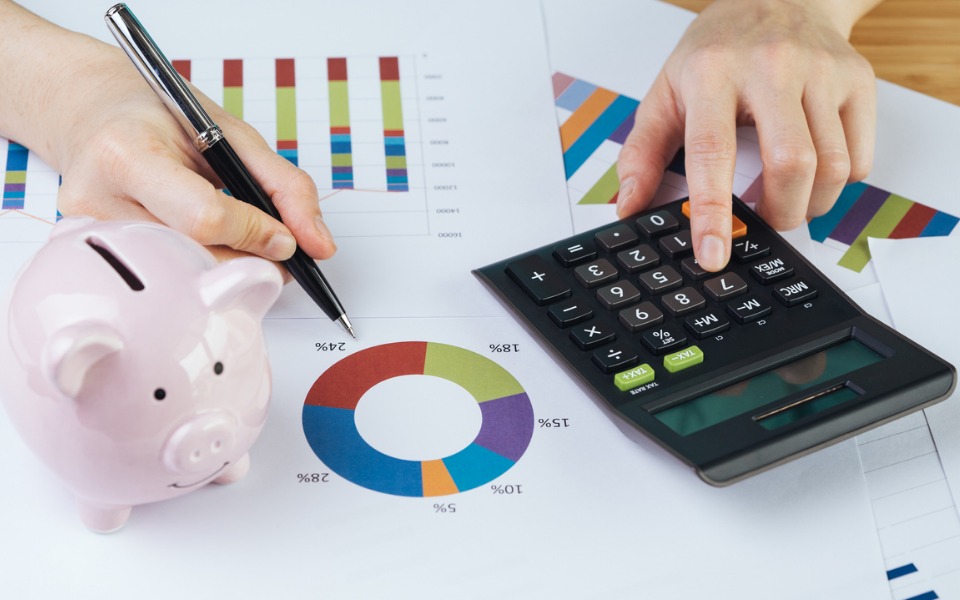
Share buyback: Disquieting features of this cynical but legal gameplan
If a company has excessive capital, why not distribute it as one-time special dividend instead of buying back shares that undermine the position of creditors?

The Inflation Reduction Act (IRA) of 2022, signed by US President Joe Biden on August 16, 2022, includes an excise tax that imposes a 1 per cent surcharge on publicly traded US corporations for the value of any of their stock repurchased by the respective corporations during the tax year. The provision applies to repurchase of stock after December 31, 2022.
America’s first hint of official frown on buyback comes on the back of a Harvard Business Review report that more than half of corporate profits are splurged on buyback of shares, and on the back of the carping criticism that the money thus splurged could have been better used in job creation and capacity enhancement in the COVID-ravaged economy.
It is significant that the US views such a splurge as inflationary. Be that as it may, readers would be more interested in the Indian position in this regard.
Also read: TCS shares jump 2 pc as shareholders approve buy-back plan
Swaraj Paul’s lesson
In 1983, the dovecotes of two staid Delhi-based companies — DCM and Escorts — were fluttered by London-based NRI Swaraj Paul. He acquired 13 per cent and 7 per cent, respectively, of the shares of these listed companies from the Delhi Stock Exchange for a princely sum of Rs 1.07 crore.
Their promoters cried on the shoulders of then Prime Minister Indira Gandhi, who shooed away the marauding NRI. Swaraj went back sulking but the episode taught Indian promoters a lesson: Consolidate your hold on the companies you have promoted and don’t be smug with a lowly 5 per cent stake despite that making you the largest shareholder.
The NDA government in 2001 answered their prayers by allowing Indian companies to buy back their own shares. The enabling provision in the company law was lapped up by promoters shaking in their boots, fearing hostile takeovers by deep-pocketed tycoons.
It takes a 26 per cent stake to be firmly in control because it takes a 75 per cent majority to pass special resolutions necessary for major corporate decisions. Thus endowed with 26 per cent, one can be the monarch of all one surveys, especially if the remaining shares are fairly scattered.
A cynical but entirely legal game plan thus became the panacea — buyback 25 per cent of the shares that is the maximum permitted at a time. Let us say the promoter’s stake is 20 per cent and, post buyback, his stake comes to 33.33 per cent. This translates into a comfortable one-third stake. This he achieves without shelling out a single rupee from his pocket — his company has bankrolled his consolidation effort.
The other side of the equation
To be sure, lately, profitable companies — especially from the IT sector, such as TCS and Infosys — have seen merit in buyback of their own shares fairly regularly in deference to the fact that they themselves cannot plough the money back in, and hence, it is better to return the excess capital sloshing around to the shareholders.
This is indeed an altruistic rationale for a buyback, as opposed to the cynical one explained above. TCS recently took its ‘altruism’ to a nobler level by buying back one out of seven shares of small shareholders at Rs 4,500 apiece, which constituted a 20 per cent premium over the market price, whereas others were offered a niggardly one share for every 108 shares.
Till June 2019, buyback was pampered by the income-tax law, too, which imposed only capital gains tax on the shareholders. But, from July 1, 2019, a buyback tax of 20 per cent plus is imposed on companies. This is on the difference between the amount paid to the shareholders less what it got from them towards share capital and share premium in return for exemption from capital gains tax. This applies only if the buyback was accomplished by the tender route (democratic offer to all shareholders) as opposed to market acquisition by the company that smacks of insidious insider trading.
While this has undoubtedly narrowed the tax arbitrage vis-à-vis upfront cash dividend, the differential of 10 per cent basic tax is still substantial enough to tantalise promoters into settling for buyback instead of cash dividend. Remember, company’s promoters would almost invariably attract 30 per cent tax on a cash dividend.
So, it boils down to two questions. If a company has excessive capital piling up, why not distribute it as one-time special dividend — making it clear that it cannot be used as benchmark every year — instead of buying back the shares that by the way undermines the position of creditors despite the declaration of solvency taken from the company buying back its shares? There is no cap on the cash dividend.
The key is in tax arbitrage
The answer to this conundrum lies in tax arbitrage. Why should the shareholders be completely let off the tax hook, both on account of dividend and capital gains, in return for the company shelling out a 20 per cent plus buyback tax? This turns the principle of taxing the actual beneficiary on its head.
Companies play ball with the promoters, not only to give them room for tax arbitrage but also to boost the earnings per share (EPS) with the profit pie now being shared by a fewer number of shares.
And, why not ban a company buying back its own shares from issuing fresh shares except by way of bonus shares, ESOP, etc., for say five years? The present ban on fresh issues for just six months is a farce.
(The writer is a CA by qualification, and writes on business, consumer issues and fiscal laws)

